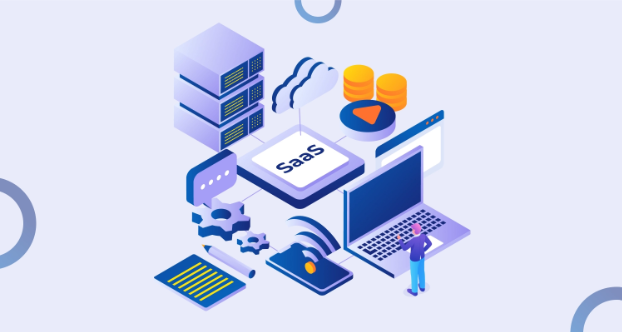In today’s fast-paced digital landscape, Software as a Service (SaaS) products have become indispensable tools for businesses seeking agility and efficiency. However, as the SaaS ecosystem grows, so does the need for seamless integration between various applications. This is where the role of integration in enhancing customer experience becomes paramount. Effective integration can transform a SaaS product from a standalone solution into a powerhouse of functionality, driving customer satisfaction and loyalty.
Why Integration Matters
For modern businesses, the ability to integrate multiple applications is no longer a luxury but a necessity. Companies rely on a myriad of tools for customer relationship management (CRM), ticketing, enterprise resource planning (ERP), sales and marketing, human resources (HR), communication, customer data platforms (CDP), and more. When these systems operate in silos, it leads to inefficiencies, data discrepancies, and ultimately, a poor user experience.
Integration bridges these gaps, allowing for the seamless flow of information between systems. This interconnectedness ensures that users have access to up-to-date and consistent data across all platforms, enhancing decision-making and operational efficiency. More importantly, it significantly improves the customer experience by providing a unified and coherent service offering.
Enhancing Customer Experience Through Integration
Streamlined Operations:
Integration reduces the need for manual data entry and reconciliation, which are not only time-consuming but also prone to errors. Automated data flow between applications ensures that users can focus on more strategic tasks rather than getting bogged down by administrative burdens. This efficiency translates to faster response times and improved service delivery, which are crucial for customer satisfaction.
Personalized User Experiences:
By integrating various data sources, businesses can gain a comprehensive view of their customers. This holistic perspective allows for more personalized interactions and tailored solutions. For instance, integrating CRM and marketing platforms enables businesses to deliver targeted campaigns based on customer behavior and preferences, thereby enhancing engagement and loyalty.
Consistent and Reliable Data:
Data integrity is a cornerstone of effective business operations. Integration ensures that data is consistent and reliable across all applications. When customers interact with a business, they expect their information to be accurate and up-to-date, whether they’re dealing with sales, support, or any other department. Reliable data fosters trust and confidence in the service being provided.
Scalability and Flexibility:
As businesses grow, their software needs evolve. Integration provides the flexibility to scale operations without overhauling existing systems. New applications can be seamlessly integrated into the existing ecosystem, allowing businesses to expand their capabilities and adapt to changing market demands swiftly. This adaptability is key to maintaining a competitive edge and meeting customer expectations.
Boosting SaaS Lead Generation
Effective integration plays a crucial role in SaaS lead generation by providing a unified view of customer data. This interconnectedness enables businesses to execute targeted marketing campaigns and personalized communication, significantly improving lead conversion rates. By streamlining data flow and reducing manual processes, integration helps identify and nurture potential leads more efficiently, driving growth and maximizing the impact of marketing efforts.
Cobalt: Revolutionizing Integration for SaaS
While the benefits of integration are clear, achieving seamless connectivity between disparate systems can be complex and resource-intensive. This is where Cobalt comes into play. Cobalt is a co-pilot for engineering teams, designed to simplify the process of building and managing native product integrations for all customers from a single SDK. By using Cobalt, teams can launch integrations and new workflows in days rather than months, eliminating the need for writing boilerplate code, managing tokens, configuring user settings, and maintaining APIs.
Cobalt currently supports over 120 API integrations, covering a wide range of applications across CRM, ticketing, ERP, sales and marketing, HR, communication, CDP, and more. This extensive library of integrations ensures that businesses can handle both simple and complex use-cases with ease, providing a robust and flexible integration solution.
Real-World Impact
Consider a SaaS company offering a project management tool that integrates with popular CRMs, communication platforms, and file storage services. With Cobalt, this company can quickly deploy these integrations, enabling their users to synchronize project data with client records, communicate seamlessly within their teams, and access all necessary documents without leaving the platform. This level of integration not only enhances the functionality of the project management tool but also significantly improves the user experience by providing a unified and efficient workflow.
In the competitive world of SaaS, customer experience is a key differentiator. Integration plays a critical role in enhancing this experience by ensuring seamless data flow, personalized interactions, reliable information, and scalable operations. Cobalt stands out as a pivotal tool for engineering teams, enabling them to deliver robust integrations quickly and efficiently. By leveraging Cobalt, businesses can focus on what they do best – providing exceptional value to their customers – while leaving the complexities of integration to a trusted co-pilot.

